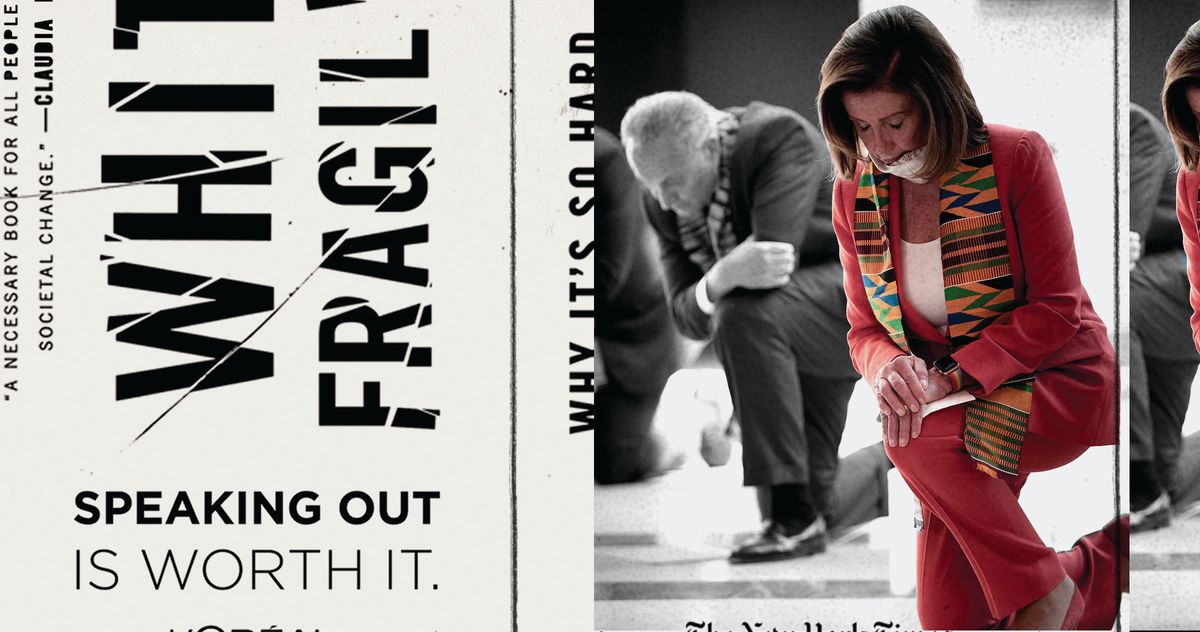
"Baldwin spoke of not only the stolen labor of slaves that had enriched the Southern economy but also the daily humiliations of being Black - "the policeman, the taxi drivers, the waiters, the landlady, the landlord, the banks, the insurance companies, the millions of details 24 hours of every day which spell out to you that you are a worthless human being.""
"Buckley suggested that the economic condition of Black Americans had risen so greatly since slavery that they had, essentially, nothing to complain about, despite evidence showing that almost half of all Black Americans were living in poverty."
"Buckley's real disagreement with Baldwin lay at the social level, positing that the civil-rights movement had encouraged a self-defeating posture of victimhood among Black people that young white liberals were too eager to affirm."
"Sixty years later, the position of Black people in America has improved, but the question of social justice, regarding the unequal distribution of social status, remains hotly debated."
On February 18, 1965, Baldwin and Buckley debated racism in America, with Baldwin emphasizing the harsh reality of being Black through systemic daily humiliations. Buckley responded by downplaying Black grievances, claiming economic progress alleviated complaint, despite evidence to the contrary. He argued that social ills stemmed from a perceived lack of moral and intellectual drive among Black individuals. Baldwin emerged victorious in the debate. Sixty years later, while Black Americans have seen some improvement, the subject of social justice related to status disparities remains contentious.
Read at Vulture
Unable to calculate read time
Collection
[
|
...
]